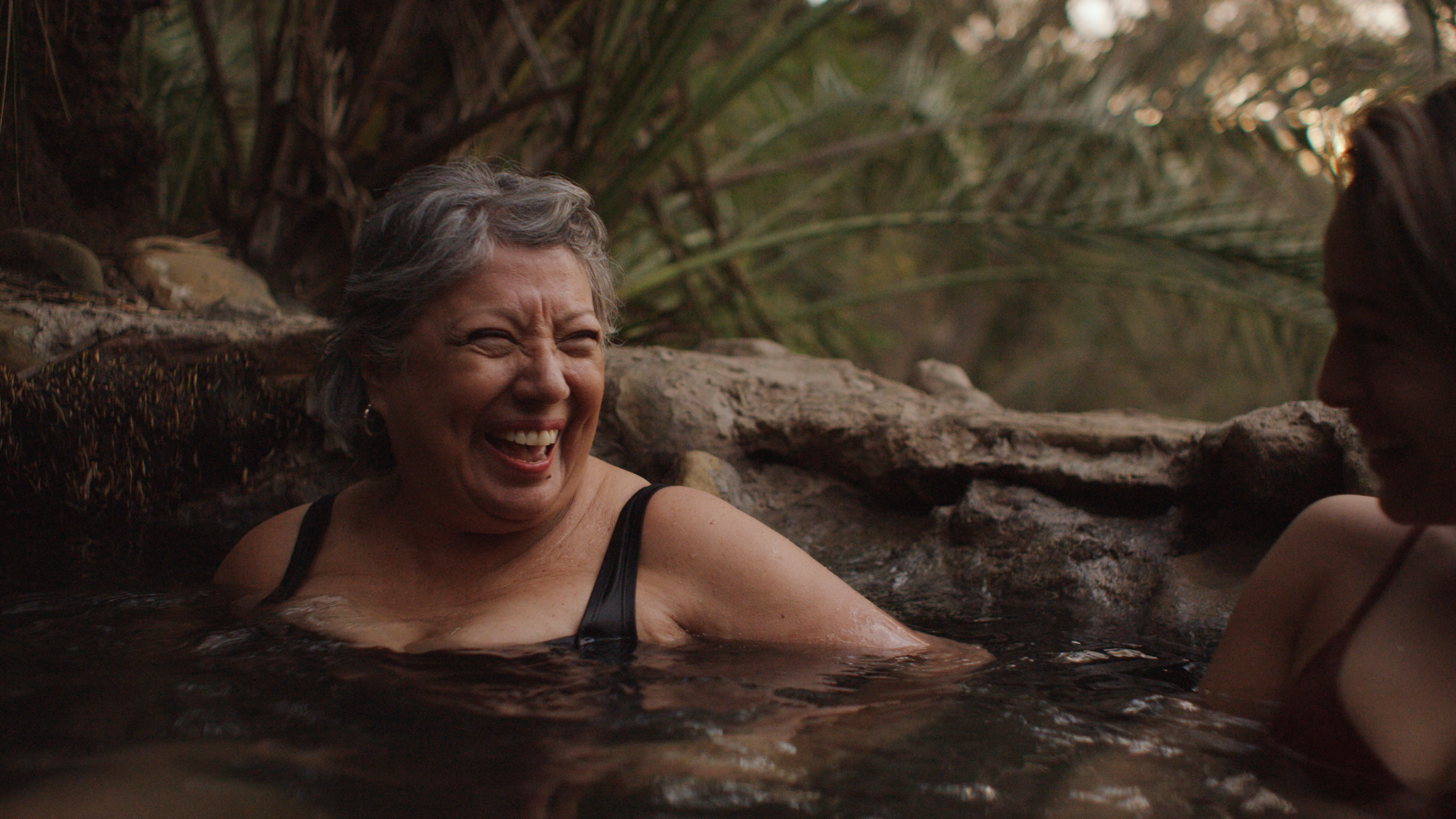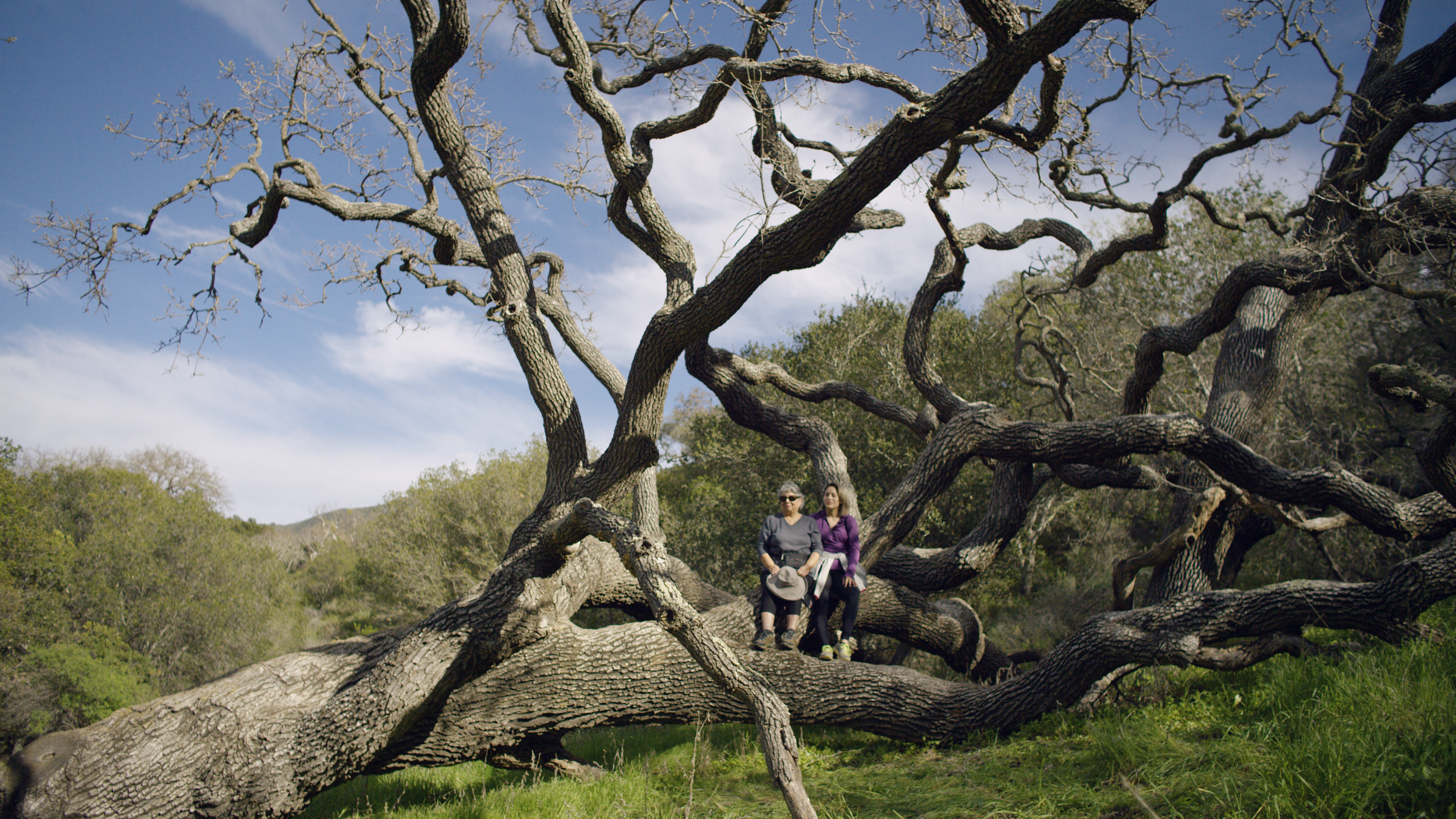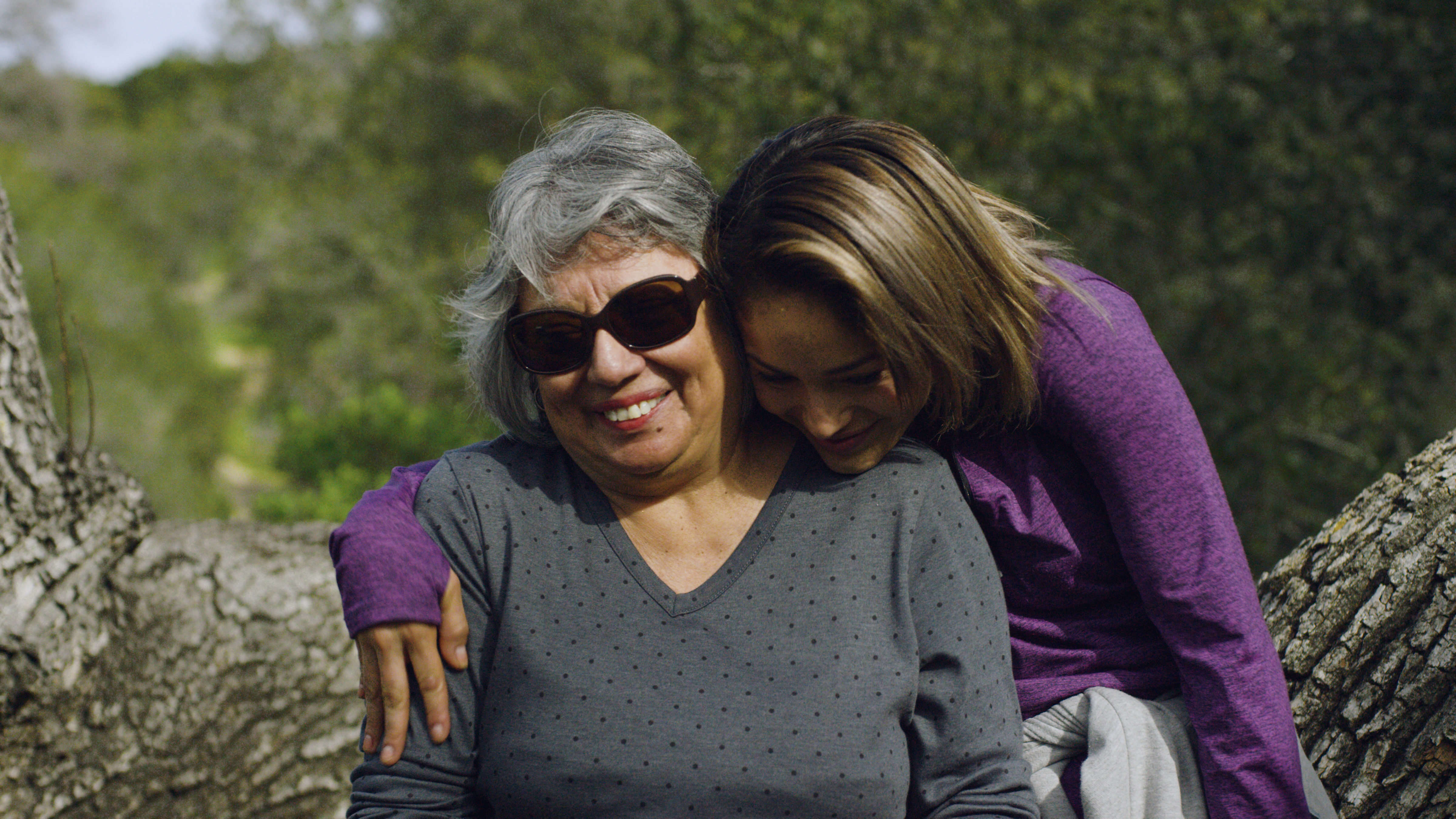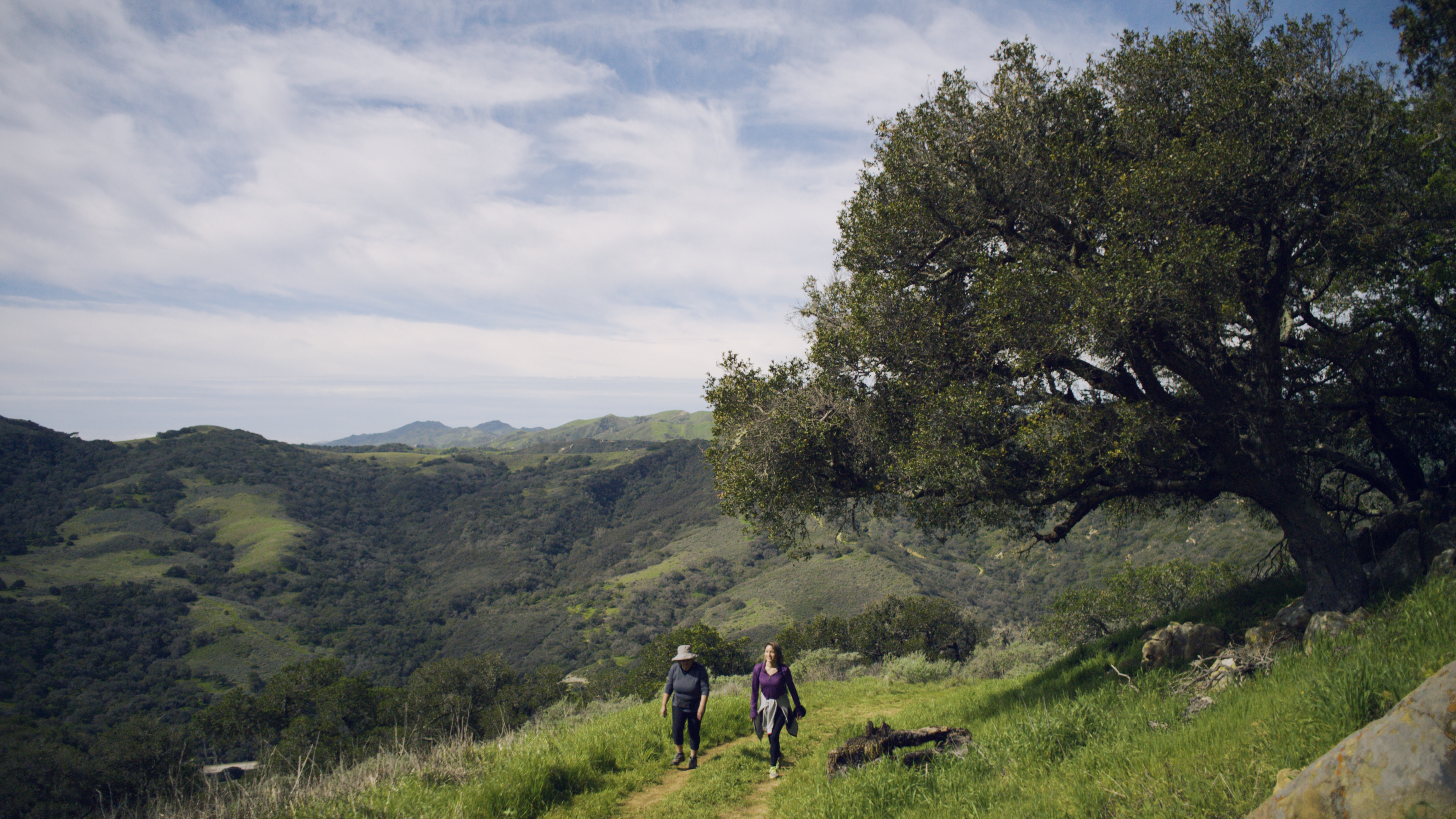Why The Outdoors Are Very Important As We Age

By:
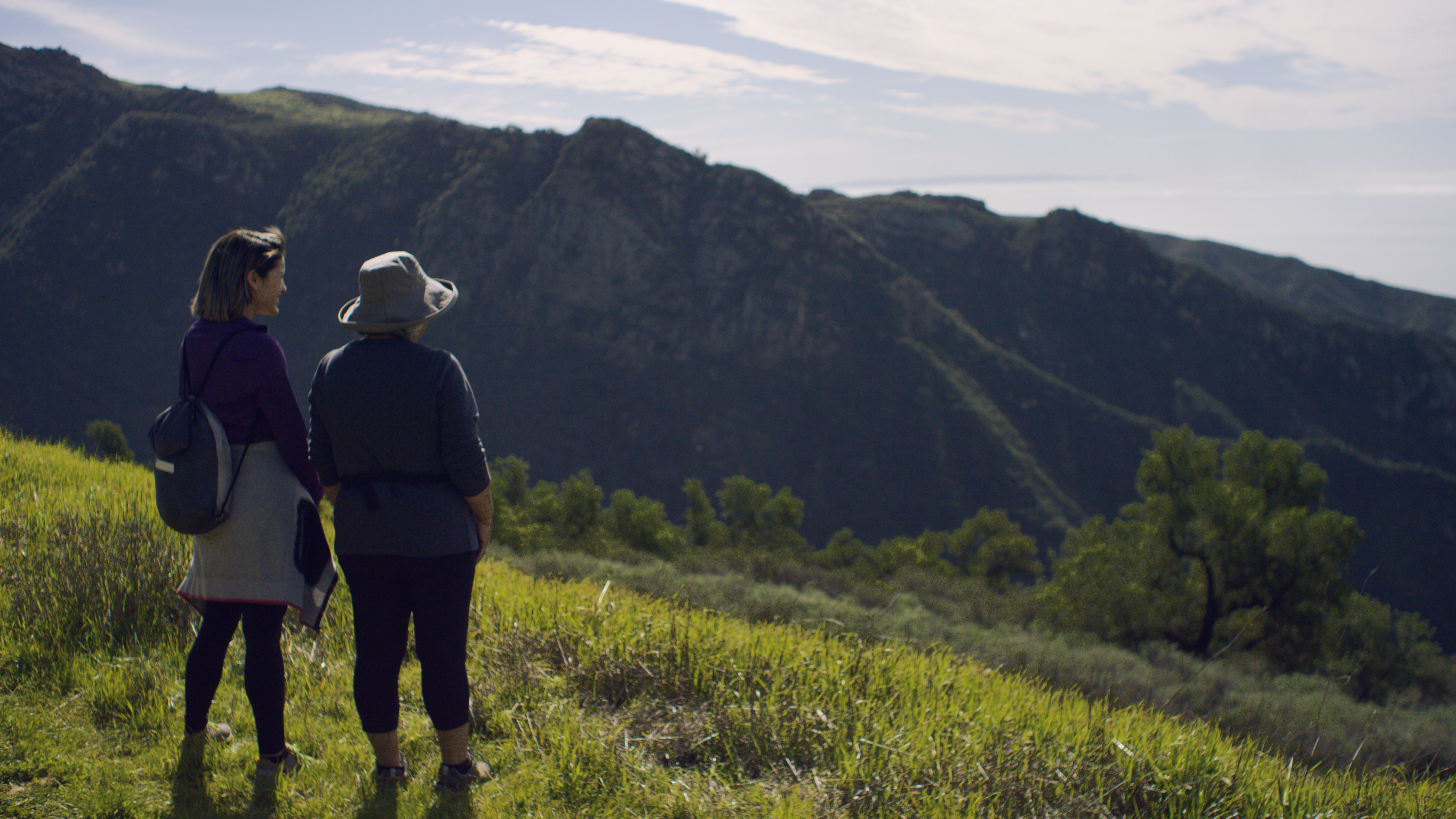
As we age, nature becomes more and more important as a tool to keep us plugged in, mentally and physically. This can be a challenge as functions like mobility wane but it is absolutely vital to maintain an outdoor relationship. The results are overwhelmingly therapeutic and restorative.
"Those living on blocks with more trees showed a boost in heart and metabolic health equivalent to what one would experience from a $20,000 gain in income," nature writer Florence Williams explained in National Geographic last year. "Lower mortality and fewer stress hormones circulating in the blood have also been connected to living close to green space."
To highlight how the aging body and mind can benefit from nature, here are four reasons why all adults—especially older adults—need to go outside. Tell your parents and grandparents: it’s time to take a break from being inside so much!
Nature is the ultimate supplement.
Being outside is generally good for your brain. And, as a 2015 study found, exposure to nature can be mentally restorative by preventing us from dwelling on depressive thoughts.
For older adults, this is especially true: a 2015 University Of Minnesota study found that outdoor interaction later in life can be hugely important in reducing boredom, isolation, and loneliness.
Beyond that, engaging with outdoor water-based activities offer a good physical outlet which can be much needed in old age.
Getting outside could help you sleep better.
Contrary to popular belief, older adults need seven to nine hours of sleep a night and actually have more trouble sleeping than their younger counterparts—and this can be greatly detrimental to one’s mental and physical health.
So how can they remedy this situation? A little outdoor time.
"Research shows that getting outside helps us sleep better and calms anxiety," writer Florence Williams explained to Moms Clean Air Force. "It makes us kinder, more generous, compassionate people."
This is especially true for older adults: a 2015 University of Illinois study found that adults 65 years and older can get much better sleep by building a relationship with nature. Why? Exposure to nature increases one's levels of physical activity which leads to better sleep.
Nature can soften the effects of dementia.
Beyond depression and sleep, the outdoors are a proven great tool in helping adults with dementia.
An activity such as gardening is greatly beneficial to persons dealing with mentally degenerative disorders because they provide a break for typical indoor isolation by offering a physical activity supplemented by olfactory stimulation and Vitamin D exposure. The results help dementia patients feel valued, skilled, and with a renewed sense of purpose.
Naturally, nature can help you live longer.
At this point, it might seem fairly obvious but a relationship with nature helps people live longer.
Writer Florence Williams explains in National Geographic: "Measurements of stress hormones, respiration, heart rate, and sweating suggest that short doses of nature—or even pictures of the natural world—can calm people down and sharpen their performance."
Furthermore, last year the Harvard School of Public Health found that exposure to green spaces can have direct effects on lifespan: the study found that women living in green areas are 34% less likely to die from respiratory illnesses and 13% are less likely to die of cancer compared with their less-green, more-urban counterparts.
As the aforementioned facts stress, this is because green spaces heighten physical activity but also enable social activity and better mental wellness. Regardless of if it is a forest or a small park, the effects are seemingly the same: get outside if you hope to live a longer life.
To find classes, outings, and events to help you get outside, click here.



